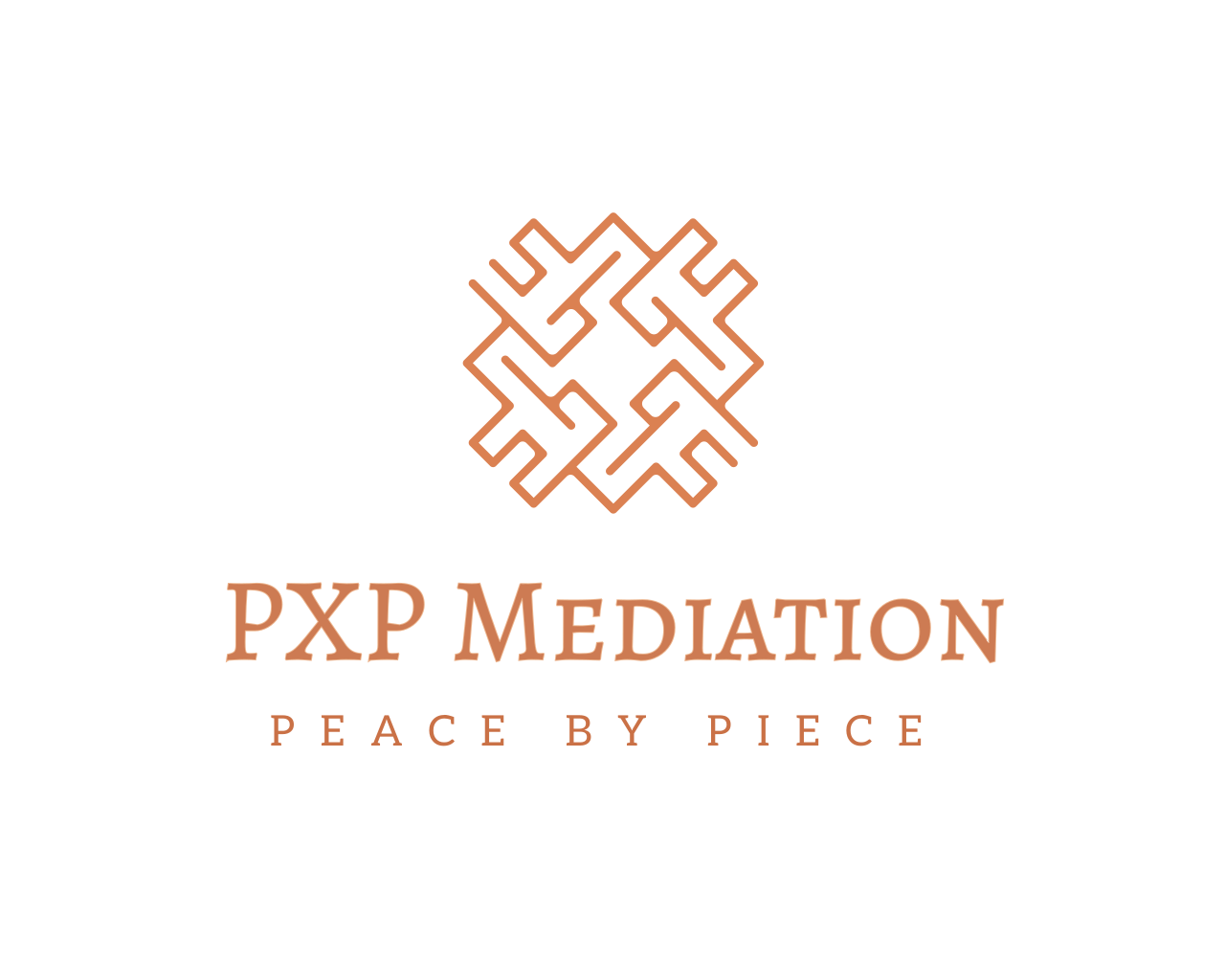The Transformative Power of Divorce Mediation: A Path Towards Healing and Resolution
Introduction
The divorce process is often understood as a battleground, where spouses and their lawyers fight against each other in a legal and emotional struggle. However, it doesn't have to be this way. As a Licensed Clinical Social Worker (LCSW) and lawyer specializing in mediation, I've witnessed firsthand the ways mediation provides a transformative experience that offers couples the opportunity to work together to resolve conflicts and create a path toward resolution and healing.
Understanding Divorce Mediation
Divorce mediation is a collaborative process where a neutral third party, the mediator, facilitates discussions between divorcing spouses to reach agreements on various aspects of their divorce, including child custody, division of assets, and child and spousal support. Unlike costly, traditional, adversarial divorces, which get litigated in a courtroom, mediation encourages open communication, cooperation, and compromise.
Divorce Mediation Empowers Couples to Take Control
One of the key benefits of divorce mediation is that it empowers couples to take control of their divorce process. Instead of relinquishing decision-making power to a judge, spouses work together to find mutually acceptable solutions that meet their unique needs and priorities. This sense of empowerment can go a long way to creating pathways for peace, and can lay the foundation for a more amicable post-divorce relationship.
Divorce Mediation Promotes Effective Communication
Mediation requires effective communication, which is essential for post-divorce relationships, especially when children are involved. Unfortunately, the adversarial nature of litigation interferes with healthy communication and taints post-divorce relationships. Mediation provides a structured environment where couples can communicate openly and respectfully under the guidance of a trained mediator. Through active listening and constructive dialogue, spouses can address their concerns, express their needs, and ultimately, find common ground.
Divorce Mediation Fosters Cooperation and Collaboration
Divorce mediation encourages cooperation and collaboration between spouses, even in the midst of conflict. By working together to find solutions, couples can minimize animosity and resentment, which are common in traditional litigated divorces. This collaborative approach not only benefits the divorcing spouses but also any children involved, as it sets a positive example of conflict resolution and co-parenting.
Divorce Mediation Protects Your Emotional Well-being
Divorce is undeniably a stressful and emotional experience for all parties involved. However, mediation offers a more compassionate and supportive alternative to the adversarial nature of litigation. Mediators are equipped to address the emotional aspects of divorce and help spouses navigate their feelings in a constructive manner. By prioritizing emotional well-being, mediation can mitigate the negative psychological impact of divorce and promote healing for both spouses and their children.
Final Thoughts About Divorce Mediation
Divorce mediation is not just about reaching a legal agreement; it's about fostering understanding, healing, and empowerment for divorcing couples. As an LCSW and lawyer, I've seen how mediation can transform the divorce process from a battleground into a path towards resolution and growth. By promoting effective communication, cooperation, and emotional well-being, mediation offers couples a brighter future beyond divorce. If you're considering divorce, I encourage you to explore the option of mediation and discover the transformative power it can offer.
